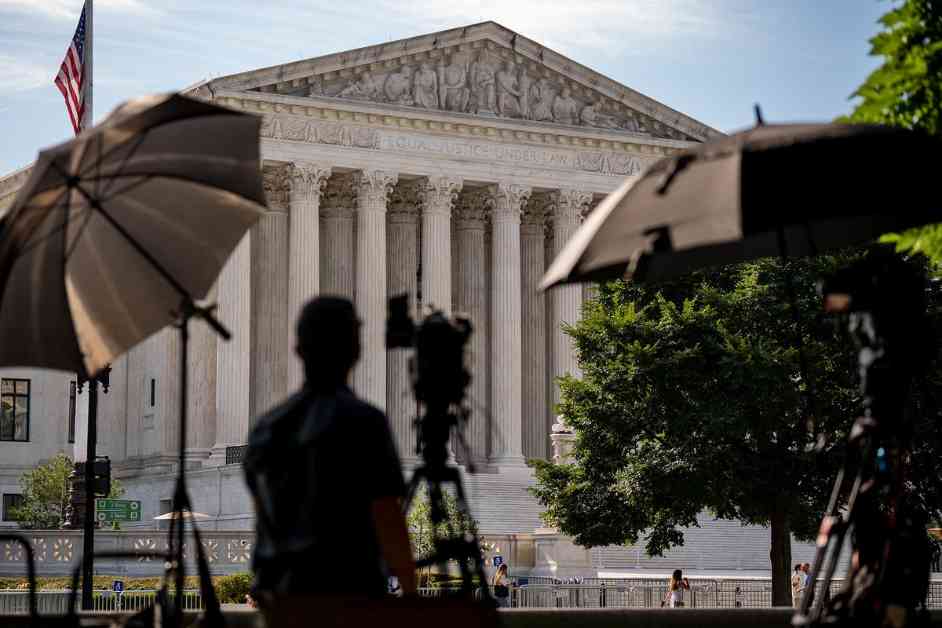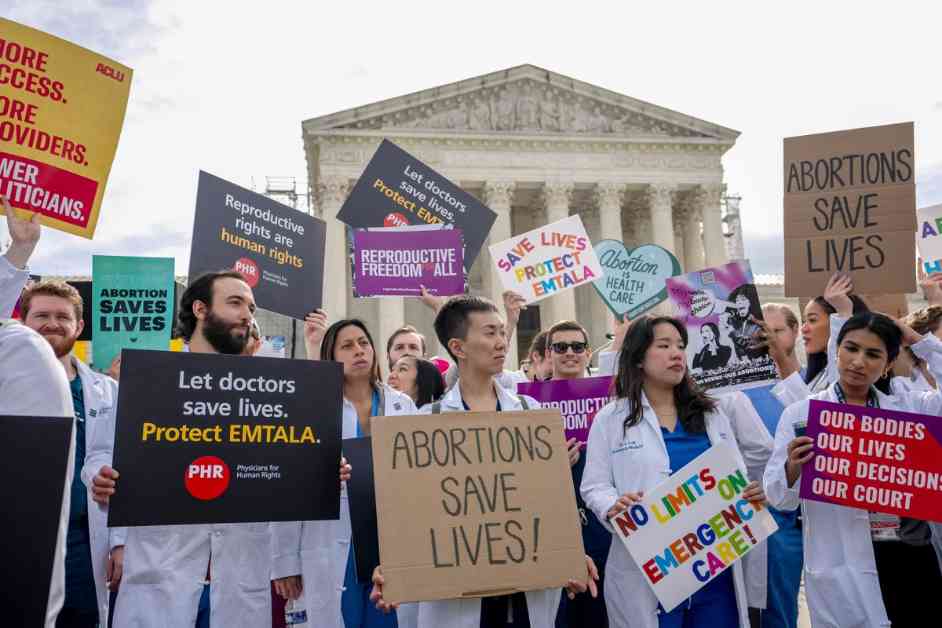The recent Supreme Court decision allowing emergency abortion care in Idaho, despite the state ban, has sparked a debate on reproductive rights and medical ethics. While the ruling provides a temporary reprieve for pregnant people seeking emergency care, it leaves doctors in a challenging position due to conflicting federal and state laws.
The Court’s decision to remove a stay on a federal district court order enables hospitals in Idaho to continue performing emergency abortions to stabilize the health of pregnant individuals as the case progresses through lower courts. However, the ruling does not establish EMTALA as the sole authority over state abortion bans, leading to potential confusion for healthcare providers.
Experts like Lawrence Gostin and Ushma Upadhyay have expressed concerns about the implications of the ruling on pregnant people’s access to timely and necessary medical care. Gostin highlights the ethical dilemma faced by doctors who risk violating federal or state laws depending on their course of action in emergency situations. Upadhyay emphasizes the importance of ensuring all pregnant individuals have access to the protections provided by EMTALA.
This decision comes on the heels of a recent Supreme Court ruling regarding access to the abortion pill mifepristone, which upheld access to medication abortion in states where it is legal. These legal battles underscore the ongoing challenges surrounding reproductive rights and access to healthcare in the United States.
The broader implications of these legal battles extend beyond reproductive choice to fundamental principles of healthcare ethics. Gostin notes that ensuring access to emergency medical care is a cornerstone of the American healthcare system, and any limitations on this access raise significant ethical concerns.
As the debate on reproductive rights continues to unfold in the legal arena, it is clear that the issue of abortion will remain a contentious and complex issue for policymakers, healthcare providers, and the public at large. The conflicting laws and court rulings underscore the need for clarity and consistency in ensuring access to timely and appropriate medical care for all individuals, regardless of their reproductive status.



